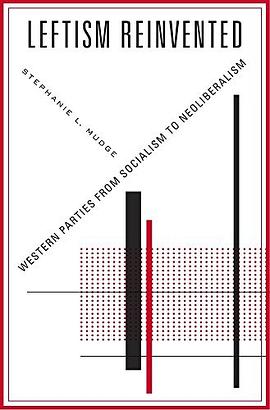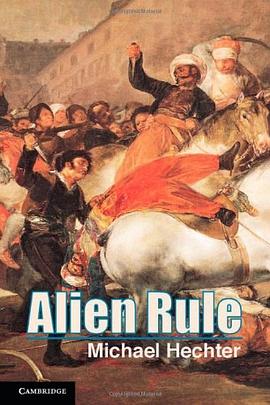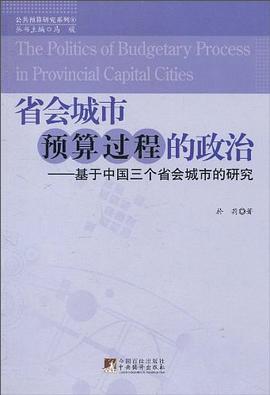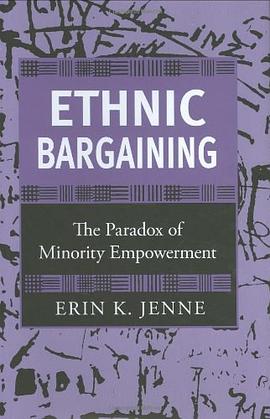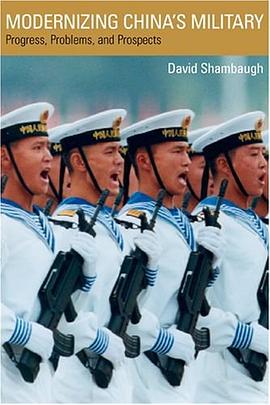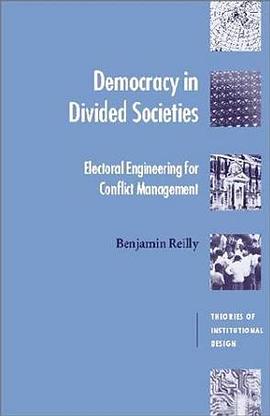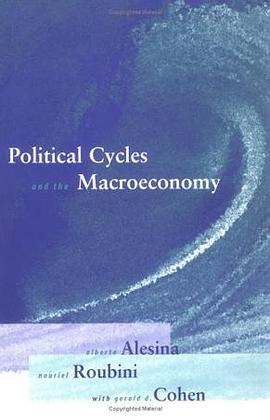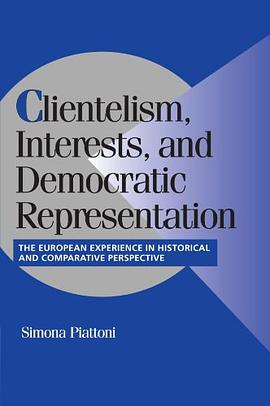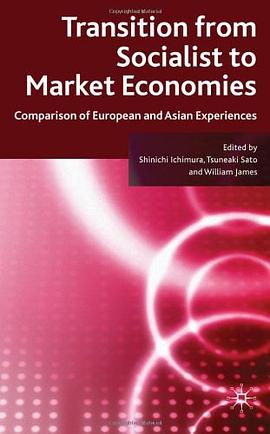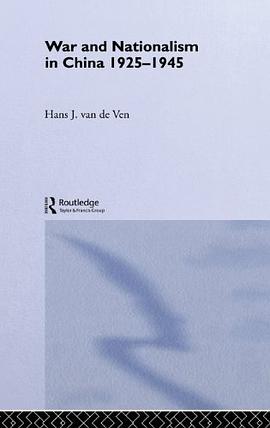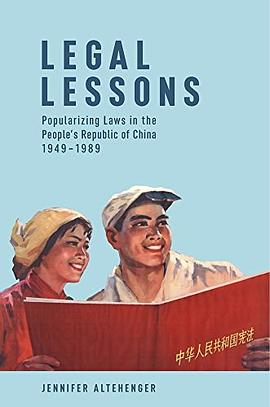
Legal Lessons pdf epub mobi txt 電子書 下載2025
- 法律史
- 曆史
- 共和國
- 中國當代史
- PRC
- 海外漢學
- 比較政治
- 中國研究
- 法律
- 法律教育
- 案例分析
- 法律實踐
- 法律思維
- 法學
- 法律指南
- 法律知識
- 職業發展
- 法律職業

具體描述
The popularization of basic legal knowledge is an important and contested technique of state governance in China today. Its roots reach back to the early years of Chinese Communist Party rule. Legal Lessons tells the story of how the party-state attempted to mobilize ordinary citizens to learn laws during the early years of the Mao period (1949–1976) and in the decade after Mao’s death.
Examining case studies such as the dissemination of the 1950 Marriage Law and successive constitutions since 1954 in Beijing and Shanghai, Jennifer Altehenger traces the dissemination of legal knowledge at different levels of state and society. Archival records, internal publications, periodicals, advice manuals, memoirs, and colorful propaganda materials reveal how official attempts to determine and promote “correct” understanding of written laws intersected with people’s interpretations and practical experiences. They also show how diverse groups—including party-state leadership, legal experts, publishers, writers, artists, and local officials, along with ordinary people—helped to define the meaning of laws in China’s socialist society. Placing mass legal education and law propaganda at the center of analysis, Legal Lessons offers a new perspective on the sociocultural and political history of law in socialist China.
著者簡介
Jennifer Altehenger is Lecturer in Contemporary Chinese History in the Department of History at King’s College London.
圖書目錄
List of Illustrations*
Abbreviations
Introduction
I. Preparations: 1949–1954
1. No Legalese, Please: Why the Dissemination of Laws Became a Problem
2. Paper Trials: How the Publishing Field Adapted to Law Propaganda
II. Practices: 1950–1962
3. What Is a Basic Spirit? The Marriage Law and the Model Legal Education Campaign
4. Getting People to Abide by Law: The Constitution Draft Discussion and Its Aftermath
III. Revivals: 1970–1989
5. Constitutional Dilemmas: Reworking Law Propaganda for a New Socialist Era
6. A New Type of Five-Year Plan: Institutionalizing “Common Legal Knowledge”
Conclusion
Notes
Chinese Character List
Archival Files
Bibliography
Index
* Illustrations
0.1 “Article 87” from PRC Constitution Propaganda Images, 1954.
1.1 “Harm the People and you will not escape the net of law!” 1951.
1.2a–b (a) De Wei, “Chop It”; and (b) Zhen Hua, “Two Paths for a Counterrevolutionary Element,” 1951.
1.3 Xin Dao, “Illustrated Explanation of Article 2,” 1951.
2.1 Cover page of the Illustrated Regulations, 1951.
3.1 Yu Yunjie, “Freedom of Marriage, Happiness and Harmony,” 1953.
3.2 “Article 8: Early Marriage Is Prohibited,” 1951.
3.3 Cover page of the Marriage Law Four-Character Classic, 1951.
4.1 “Workers at Shanghai Xinhua Printing Plant rush to print the PRC constitution draft in order to supply people with copies so that they can carry out the discussion,” 1954.
4.2 “People’s representatives and women workers in Putuo District ardently discuss the great joyous event of the promulgation of the constitution draft,” 1954.
4.3 “People across the country enthusiastically endorse the PRC constitution draft,” 1954.
4.4 Gu Pu, “The People’s Great Joyous Event,” 1954.
4.5 Mai Guo, “Hanging Upside Down,” 1954.
4.6 Aibulaomofu, “The Hideous Nature of the US Constitution,” 1954.
4.7 Constitution model, Tian’anmen, 1 October 1954.
5.1 “Article 45” from Illustrated Explanations of the PRC Constitution.
5.2 Shen Tongheng, “Each Takes What He Needs,” 1980.
5.3 “Shanghai vigorously launches legal system propaganda and education,” 1979.
5.4 “Article 143” from Illustrated Explanations of the PRC Criminal Law, 1979.
5.5 Nan Yunsheng and Ji Guoqiang, “Carefully reading the new constitution (nianhua),” 1982.
5.6 “She has come to understand a person’s worth,” 1985.
5.7 “The child hopes for the return of a good father, the wife waits for a good husband, society gains a useful new man.” 1985.
6.1 Fan Shijie, “The Remedy,” 1986.
6.2 Shen Tiancheng, “Springtime for the Popularization of Legal Knowledge,” 1986.
· · · · · · (收起)
讀後感
評分
評分
評分
評分
用戶評價
牛津完瞭
评分還闊以吧
评分並不是一本關於法律係統或socialist law本身的書,而側重討論“守法”觀念與重要的法規如何宣傳,以及在此過程中宣傳係統所受的掣肘。一旦接受其作為一本宣傳機製史的設定,就還蠻紮實可讀的,且可與李靜君和雷雅雯的書對照閱讀。
评分還闊以吧
评分並不是一本關於法律係統或socialist law本身的書,而側重討論“守法”觀念與重要的法規如何宣傳,以及在此過程中宣傳係統所受的掣肘。一旦接受其作為一本宣傳機製史的設定,就還蠻紮實可讀的,且可與李靜君和雷雅雯的書對照閱讀。
相關圖書
本站所有內容均為互聯網搜索引擎提供的公開搜索信息,本站不存儲任何數據與內容,任何內容與數據均與本站無關,如有需要請聯繫相關搜索引擎包括但不限於百度,google,bing,sogou 等
© 2025 book.quotespace.org All Rights Reserved. 小美書屋 版权所有

